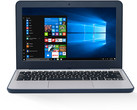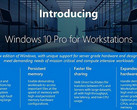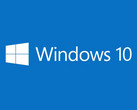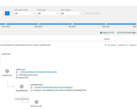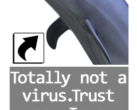In June this year, Kaspersky filed an antitrust claim against Microsoft with the European Commission and the German Federal Cartel Office, levying charges that the Redmond giant was "using its dominant position in the computer operating system (OS) market to fiercely promote its own — inferior — security software (Windows Defender) at the expense of users’ previously self-chosen security solution". Microsoft did not comment much on the issue back then, stating that its doings are only in the interest of security.
Fast forward to today and it appears that there has been a sudden resolution of differences between Microsoft and Kaspersky Labs. In a blog post, Kaspersky's Vice President, Consumer Products, Andrei Mochola, has acknowledged that Microsoft has addressed all issues raised by Kaspersky with the Russian authorities and the European Commission. According to Mochola, the said changes include giving more time for cybersecurity developers to prepare for upcoming Windows updates, receiving final builds earlier than the public for thorough testing, and improved persistent notifications that inform the user about license or subscription renewal. He goes on to emphatically state, "We are absolutely satisfied with the changes that will be implemented in the Windows 10 Fall Creators Update, and we will be taking all necessary steps to withdraw our claims and inform all regulatory bodies that we no longer have any matters for Microsoft to address."
Microsoft, on its part, has also published a blog post detailing some of the changes that will be seen in upcoming Windows 10 releases. The company intends to work with antivirus providers to iron out all compatibility issues before the release of Windows 10 feature updates. It will also enable AV providers to show their own notifications and alerts to the user regarding the license/subscription status of the security software. These notifications will persist on screen until the user renews the said security software or switches to an alternative such as the inbuilt Windows Defender.
Although these changes have helped both companies to get into a truce, it remains to be seen how both consumers and enterprise users alike take to changes such as persistent notifications. Whether this will lead to more nagware or be legitimately useful remains to be seen.






